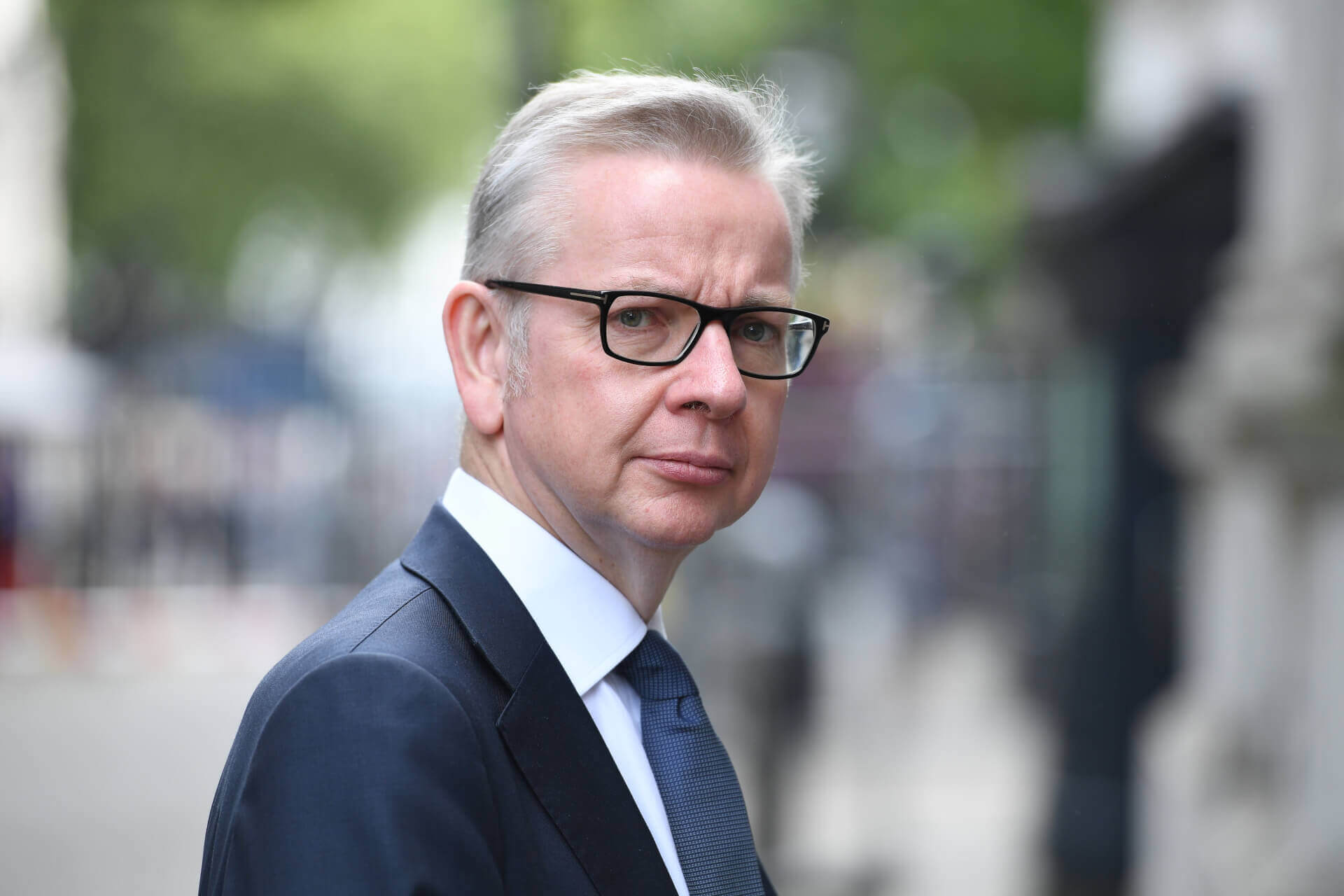Cabinet office minister Michael Gove dropped the UK’s previous “no compromise” stance by indicating that the government would be willing to accept tariffs by the European Union (EU). He said, “If that is the price that we have to pay, then there we go.” However, he insisted that the Brexit transition period will not be extended beyond December 31, despite multiple requests by the European Commission amid the economic turmoil wrought by the coronavirus crisis.
The UK government was previously demanding a “zero-tariff, zero-quota” deal, but has now acknowledged that the UK might “end up like Canada, with tariffs on a possible number of goods”. Gove also admitted that there will be border checks in the Irish Sea despite PM Boris Johnson’s statement in December that “there will be no checks on goods from GB to Northern Ireland or Northern Ireland to GB”.
In March, reports emerged that Johnson had ordered his Brexit team to “get around” the Northern Ireland protocol of the Withdrawal Agreement. Johnson wished to minimize checks at the ports and airports in Northern Ireland so that the UK can avoid Irish Sea checks on goods passing from Great Britain to Northern Ireland. However, both the Republic of Ireland and the EU quickly moved to ask the British government to honor all the terms of the agreement.
At the time, the PM also said that part of the Brexit agreement is that the UK will become free of the EU’s Common Fisheries Policy, thus leaving “British fishing grounds” to British boats. However, the EU General Affairs Council announced its intention to “uphold the existing reciprocal access to waters”.
These changes in the UK’s position are remarkable given that, in late April, the EU’s chief negotiator, Michel Barnier, said that the two parties’ “positions are too far apart to reach an agreement”. At the time, the UK appeared wedded to the principle of a zero-tariff, zero-quota agreement, and disagreed severely over several areas, including fisheries, regulations, and governance.
There do remain multiple sticking points, however. For instance, the UK government wishes to continue having access to EU-wide data sharing agreements and the central intelligence database of the EU’s law enforcement agency, Europol. Germany is strictly opposed to the idea, arguing that the UK should not be able to enjoy these benefits of EU membership when it has decided to withdraw from the Union.
The EU also worries that if the UK rescinds regulations on labor, state aid, and environmental protection, then this could give UK businesses an unfair advantage over their EU counterparts. However, the UK is unwilling to maintain its commitment to the EU’s competition regulations once Brexit goes through, arguing that this undermines the principle of sovereignty.
Amid discussions with the EU, the UK has also launched trade negotiations with the US, which wishes to move the global supply chain away from China. On Monday, the US Chamber of Commerce urged the two nations to eliminate all tariffs. One of the areas of contention between the two countries will be agriculture, with the British strongly opposed to the US’ genetically modified crops and antibacterial treatments for poultry. The UK is also opposed to US steel and aluminum tariffs.
The next round of talks between the EU and the UK are scheduled to be held on May 11. The EU will assess the progress on negotiations in early June. Meanwhile, UK International Trade Secretary Liz Truss and US Trade Representative Robert Lighthizer are also locked in trade negotiations for two weeks.
UK Drops “Zero-Tariff, Zero-Quota” Stance in Brexit Negotiations With EU
Michael Gove said that the UK may have to drop its “no compromise” stance
May 6, 2020

IMAGE SOURCE: GETTY IMAGES
